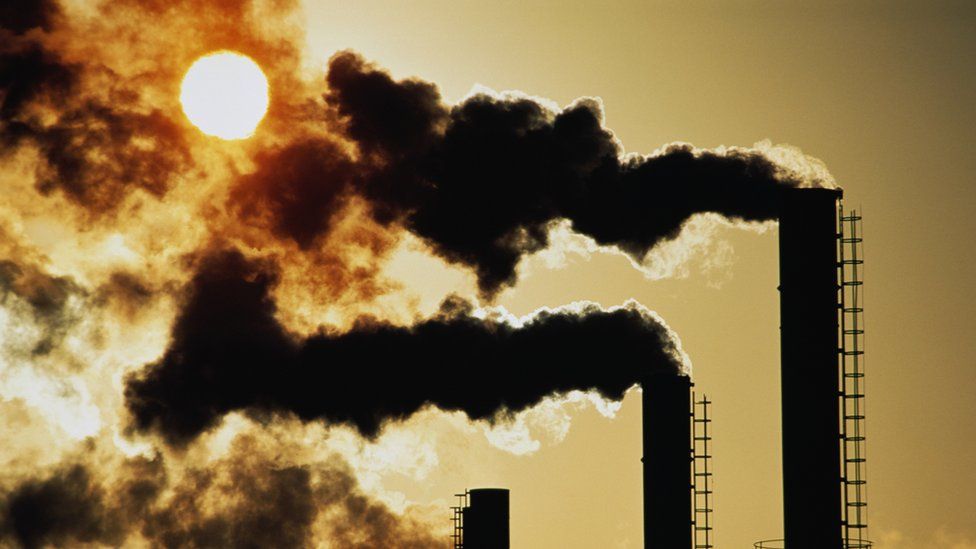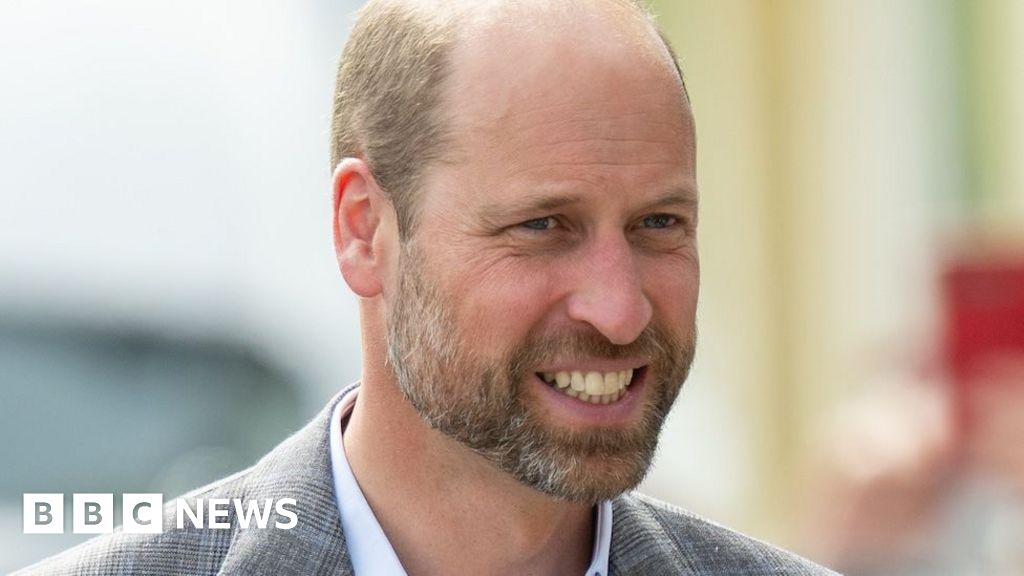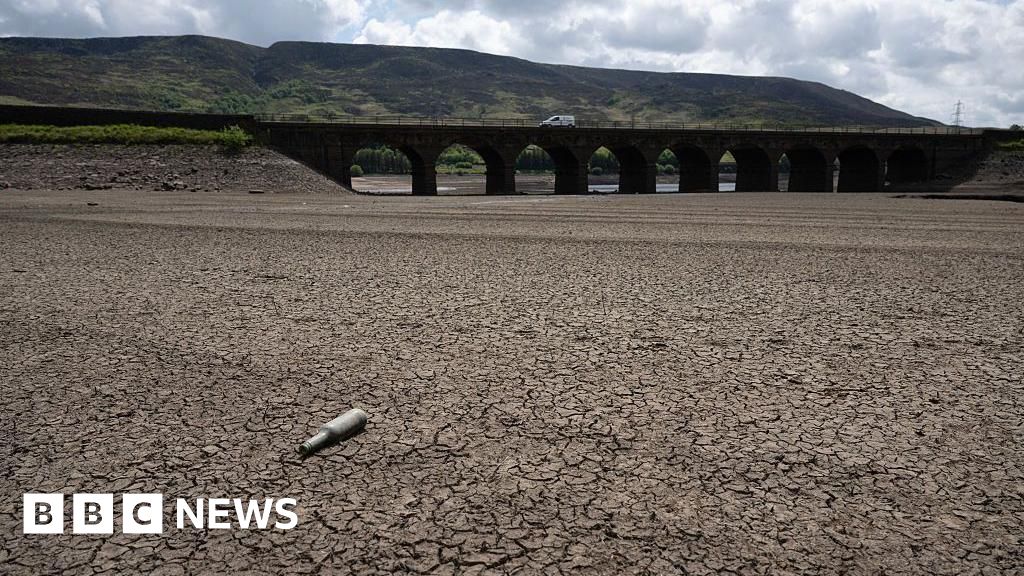ARTICLE AD BOX
 Image source, Getty Images
Image source, Getty Images
By Ella Hambly
BBC News Climate and Science
Climate change is severely impacting people's health around the world, a report by a leading medical publication has found.
The Lancet Countdown report says the world's continued reliance on fossil fuels increases the risk of food insecurity, infectious disease and heat-related illness.
UN Secretary General António Guterres responded that global leaders must match action to the size of the problem.
Leaders will meet for the major climate conference COP27 in Egypt next month.
The report includes the work of 99 experts from organisations including the World Health Organization (WHO) and led by University College London.
It describes how extreme weather has increased pressure on health services globally already grappling with the COVID-19 pandemic.
Heat-related deaths globally have increased by two thirds over the last two decades, it finds.
Temperature records have been broken around the world in 2022, including in the UK where 40C was recorded in July, as well as parts of Europe, Pakistan and China.
The health impacts of extreme heat include exacerbating conditions such as cardiovascular and respiratory disease, and causing heat stroke and poor mental health.
But it said there are solutions. "Despite the challenges, there is clear evidence that immediate action could still save the lives of millions, with a rapid shift to clean energy and energy efficiency," the report concludes.
Mr Guterres said that the world is watching G20 countries, which produce 80% of global greenhouse emissions. They must step up efforts to slash emissions and lead the way by investing more in renewable energy, he added.
"Human health, livelihoods, household budgets and national economies are being pummelled, as the fossil fuel addiction spirals out of control," he said.
Today's Lancet report is a call to arms.
The authors hope the evidence it presents shows the need for urgent action at the UN conference on climate in Egypt.
But the summit faces strong headwinds.
Developing countries will be demanding nations which grew rich using fossil fuels cough up more cash to meet the costs of the loss and damage our changing climate is causing.
And what about the $100bn a year for climate action developed countries were supposed have made available from 2020, they will ask? We are still billions of dollars short of the total.
The Egyptians hosts of COP27 have warned of a "crisis of trust".
But the developed world is battling with a cost-of-living crisis as energy and food prices soar. Many of them are already spending billions on military support for Ukraine.
Get ready for some heated debates in Egypt.
A Unicef report, also published on Wednesday, warned urgent action is needed to increase funding to protect children and vulnerable communities from worsening heatwaves.
Researchers found that the change in climate has increased the spread of infectious diseases. The number of months that facilitate malaria transmission increased in the highland areas of the Americas and Africa in the past 60 years.
Fossil fuel emissions are major contributors to air pollution. Data from the Lancet Countdown estimates that exposure to air pollution contributed to 4.7 million deaths globally in 2020, of which 1.3 million (35%) directly related to fossil fuel combustion.
The impacts of climate change are also rapidly aggravating and worsening the effects of other coexisting crises such as food insecurity, energy poverty and increased air pollution, it says.
What would you like to ask the UN chief? You can send your climate questions to us in the following ways:
In some cases your question will be published, displaying your name, age and location as you provide it, unless you state otherwise. Your contact details will never be published. Please ensure you have read our terms & conditions and privacy policy.
You can also use this form to ask your question:
If you are reading this page and can't see the form you will need to visit the mobile version of the BBC website to submit your question or send them via email to YourQuestions@bbc.co.uk. Please include your name, age and location with any question you send in.

 2 years ago
85
2 years ago
85








 English (US) ·
English (US) ·